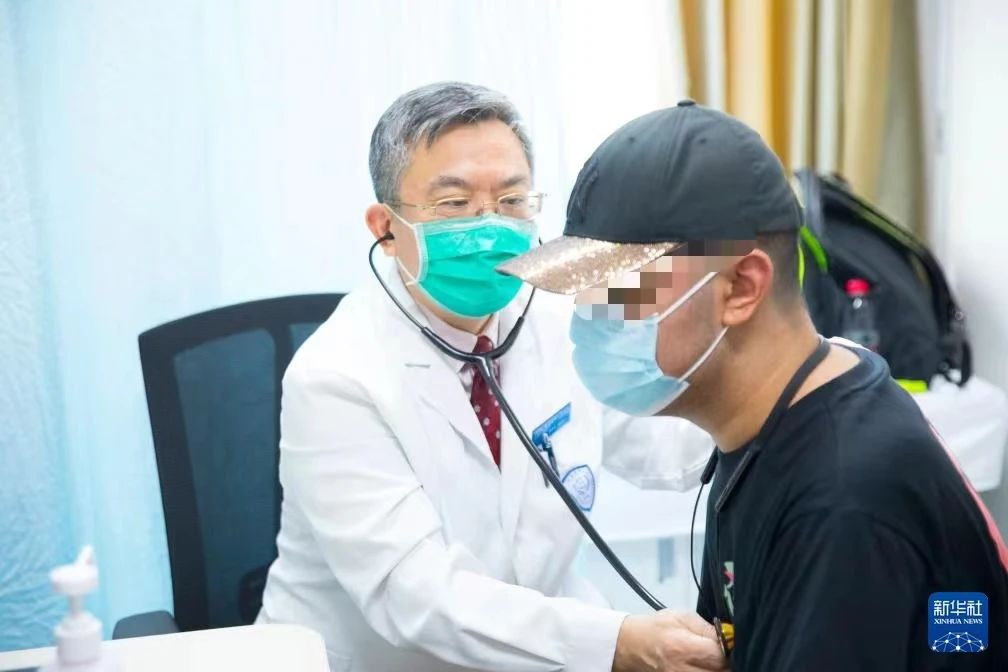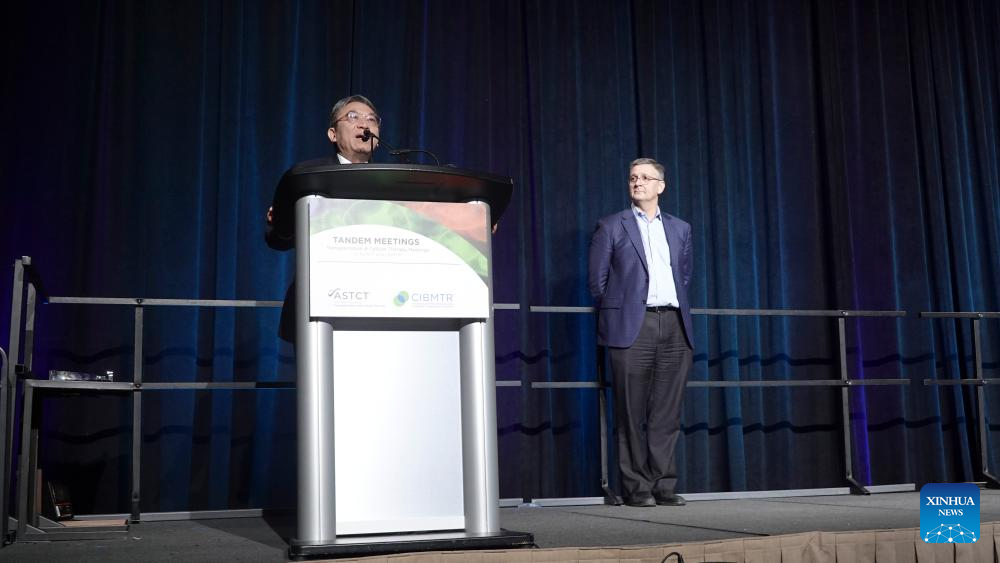

Bone marrow transplantation is one of the most effective treatments for leukemia, lymphoma, aplastic anemia, and other malignant blood diseases. For a long time, this procedure demanded a perfect 100% match in human leukocyte antigen (HLA) between donor and recipient, a chance deemed nearly insurmountable (given that only about 25% of siblings are fully compatible).
Huang's motivation to tackle the scarcity of bone marrow donors traces back to his master's studies, where he witnessed firsthand the struggles endured by numerous families in China due to the stringent requirement of complete HLA compatibility for traditional transplantation methods.
"Ever since I started graduate school, a single concern has persistently occupied my thoughts: the urgency to address the donor scarcity challenge," Huang recalled in a recent interview.
Departing from conventional approaches of T-cell removal, Huang's team modified these cells to mitigate graft-versus-host disease. Their explorations began around 1998, culminating in the world's first successful non-T cell depleted haploidentical transplantation in 2000, with the patient still alive today. By 2004, they had performed 58 similar transplants.
Despite initial skepticism, successful patient outcomes bolstered Huang's confidence. His team extensively researched hemi-compatible transplantation, conducting multi-center, evidence-based studies through nationwide collaborations in Tianjin, Suzhou, and Guangzhou. Through international hematology forums, publications, and academic exchanges, they demonstrated the efficacy of hemi-complementary therapies, potentially offering an improved quality of life for patients.
Highlighting the importance of national collaboration and international exchanges in sustaining innovation, Prof. Huang stressed the need to share scientific standards and methodologies and the fresh need to address bone marrow donor scarcity through exploration and innovation.
As a professor and advisor at Peking University, Huang encourages young doctors to engage in frontline clinical work, face challenges head-on, and contribute to global progress.
Despite his achievements, Prof. Huang remains dedicated to clinical duties at Peking University People's Hospital. For Huang, his role as a clinician is central to his professional identity.
"I spend most of my time in the clinic every day," he said, "and being a clinician is always my foremost position."
Written by: Aden Tan
Edited by: Dennis Meng
Source: Xinhua News